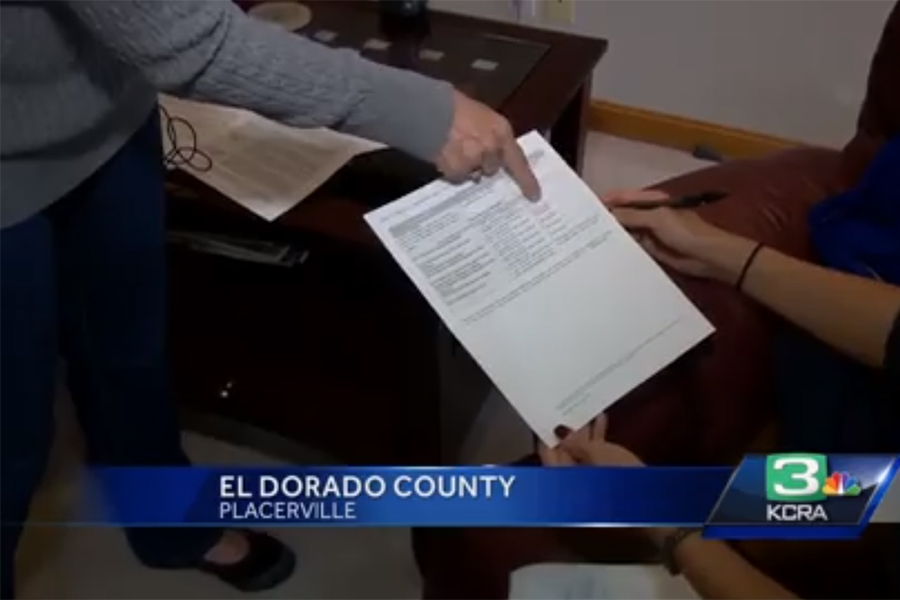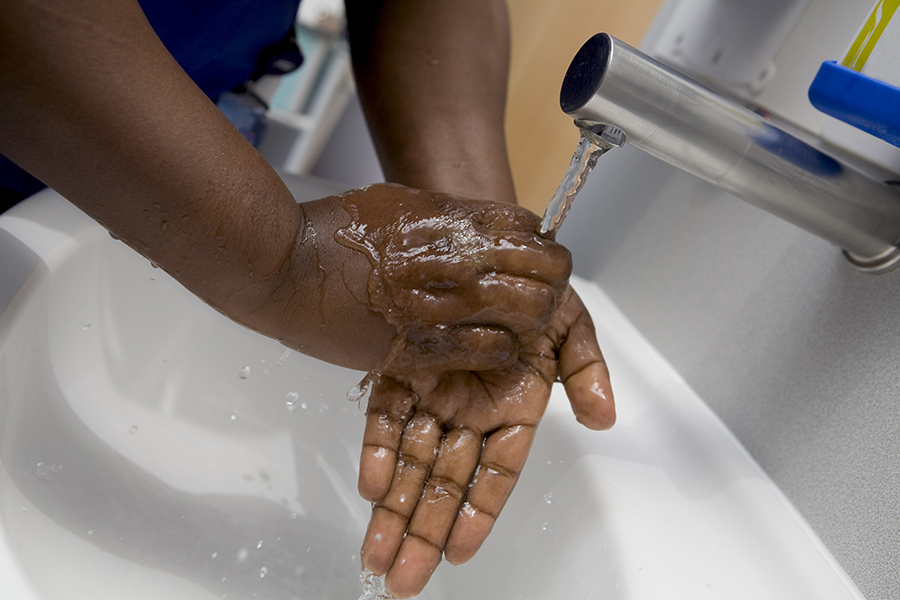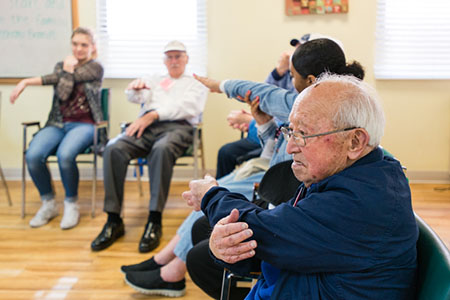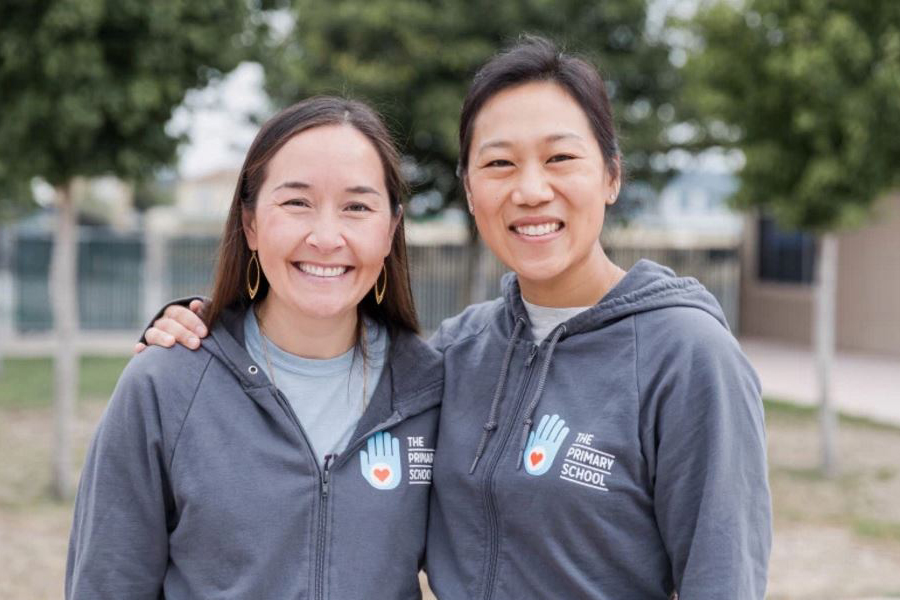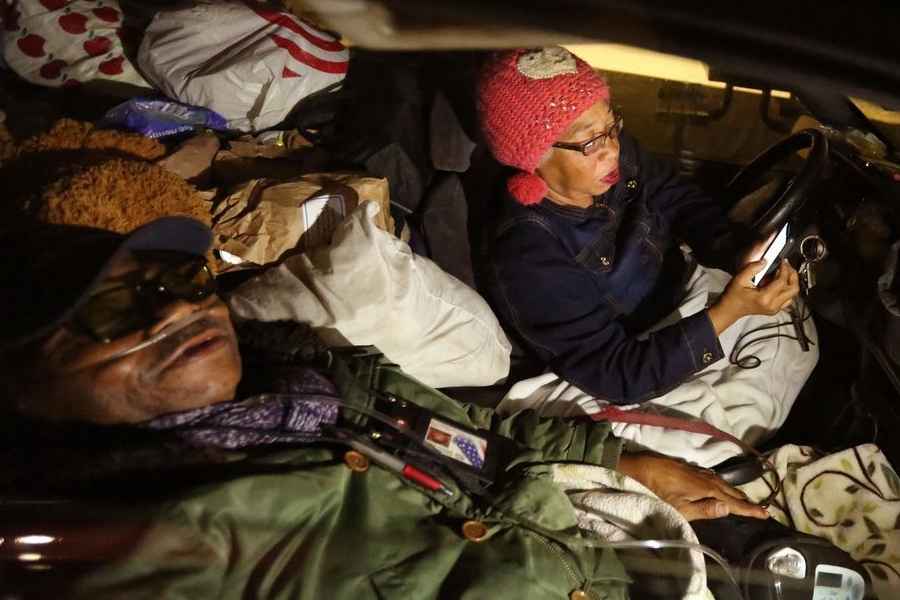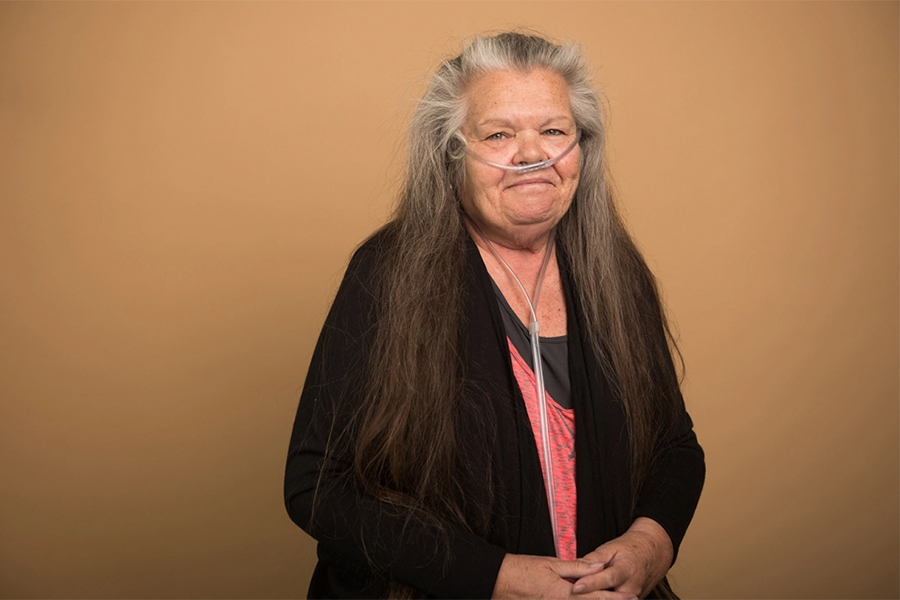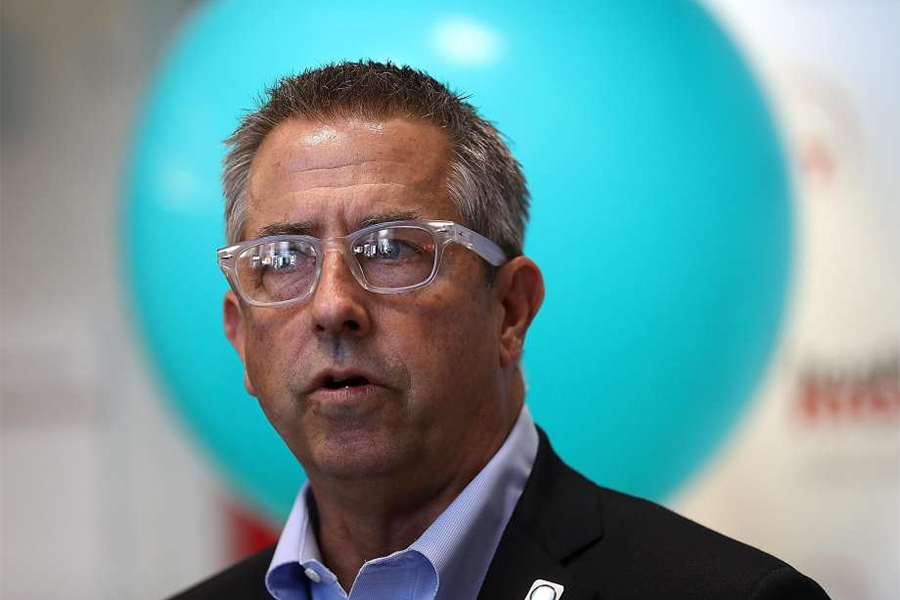Original article published by California Healthline on September 8, 2015.
The state Legislature has passed a bill (AB 187) that would delay the planned shift of some children in the California Children’s Services program to Medi-Cal managed care plans, Kaiser Health News reports. Medi-Cal is California’s Medicaid program.
The bill now heads to Gov. Jerry Brown (D) (Feder Ostrov, Kaiser Health News, 9/7).
Background
CCS serves about 195,000 California children with severe and rare diseases. The program’s managed-care carve out is due to sunset in January 2016.
A plan released in June by the California Department of Health Care Services would move about one-third of CCS children in 19 counties by July 2017 into managed care.
However, advocacy groups have come out publicly against the state’s plan to retool CCS.
One of the advocates’ concerns is that any disruption in current care could harm the program’s participants (Gorn, California Healthline, 7/23). In addition, Pip Marks, manager of Family Voices of California, said Medi-Cal managed care networks might not include some of the needed subspecialty providers and therapists for rare and specialized diseases.
AB 187, by Assembly member Rob Bonta (D-Oakland), would put off the state’s planned shift of children in the CCS program for a year, until January 2017 (Gorn, California Healthline, 7/10).
Reaction From Bill Supporters
In response to the bill’s passage, Ann-Louise Kuhns, president and CEO of the California Children’s Hospital Association, said, “It’s better to do an evaluation before we start a large-scale move. What the legislature recognized is that we need more time to make sure that, as we look at program improvements, we do this really carefully.”
Meanwhile, Alex Johnson, executive director of the Children’s Defense Fund-California, said, “The time frame is just too short to ensure that the managed care networks have enough pediatric specialists, and the financing is too complicated to sort out quickly,” adding, “Let’s keep children where they are now. If we slow down and work together, we can get a program that works best for children and families” (Kaiser Health News, 9/7).











